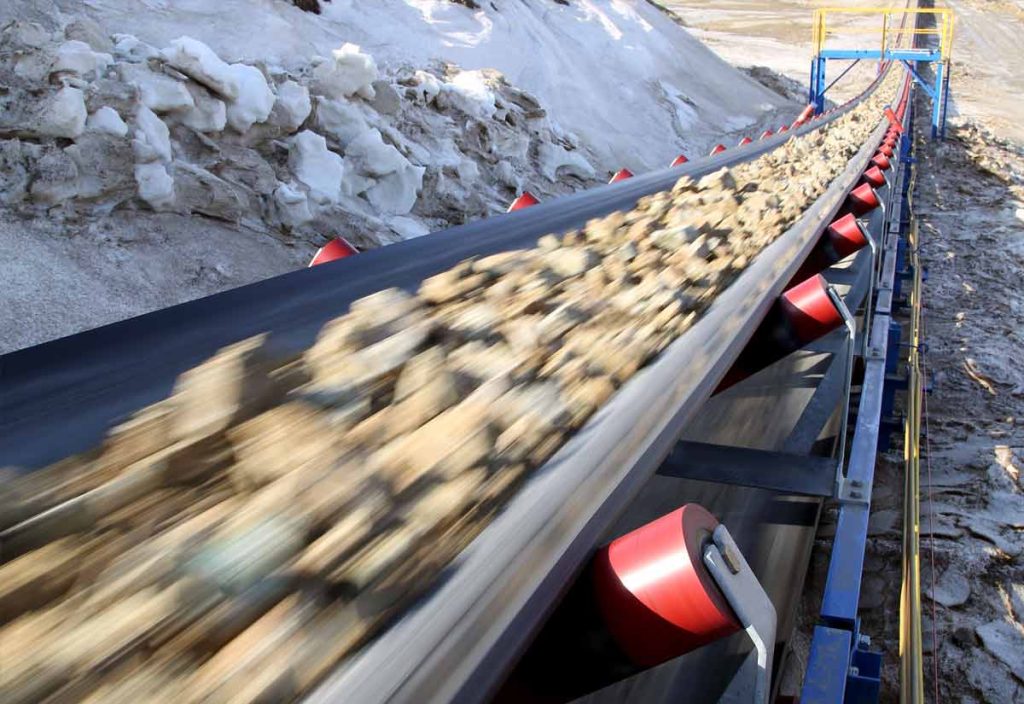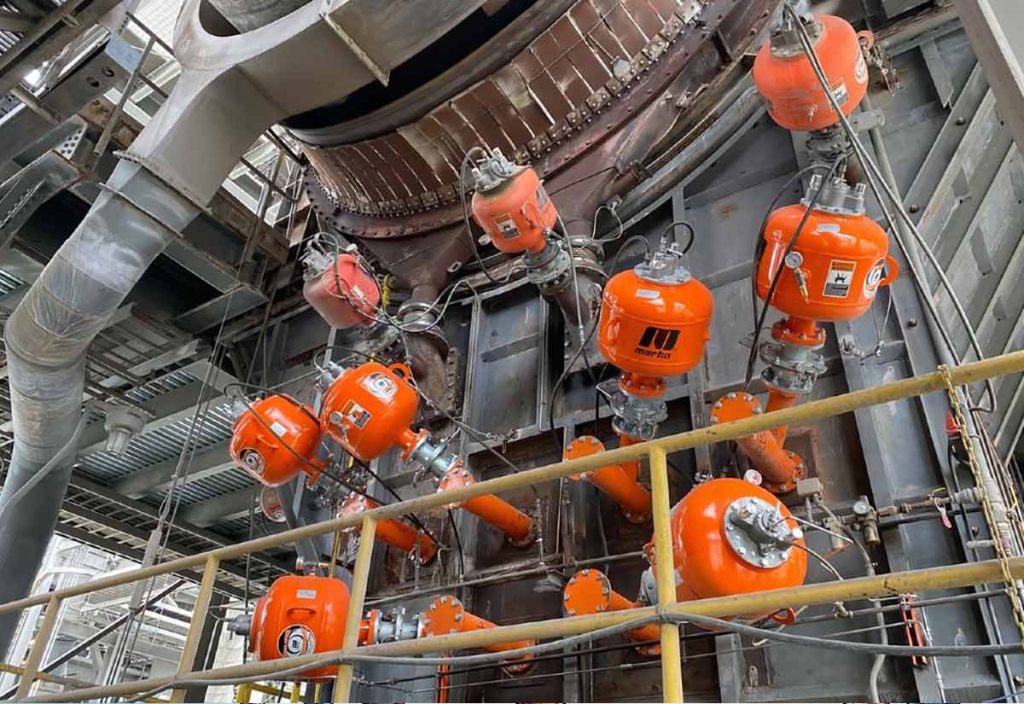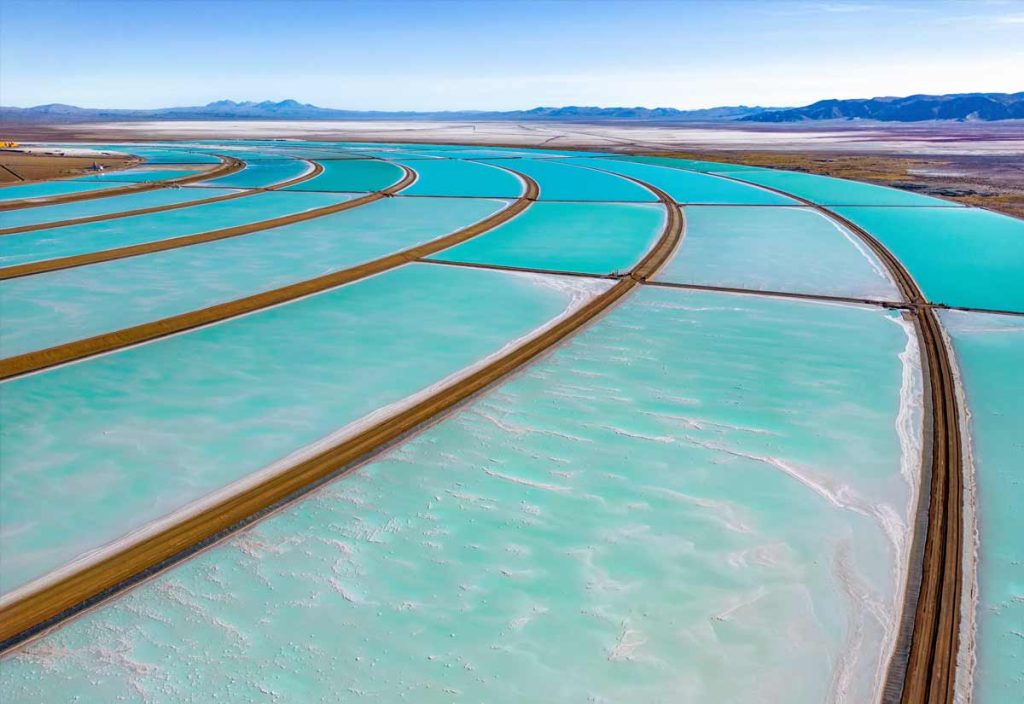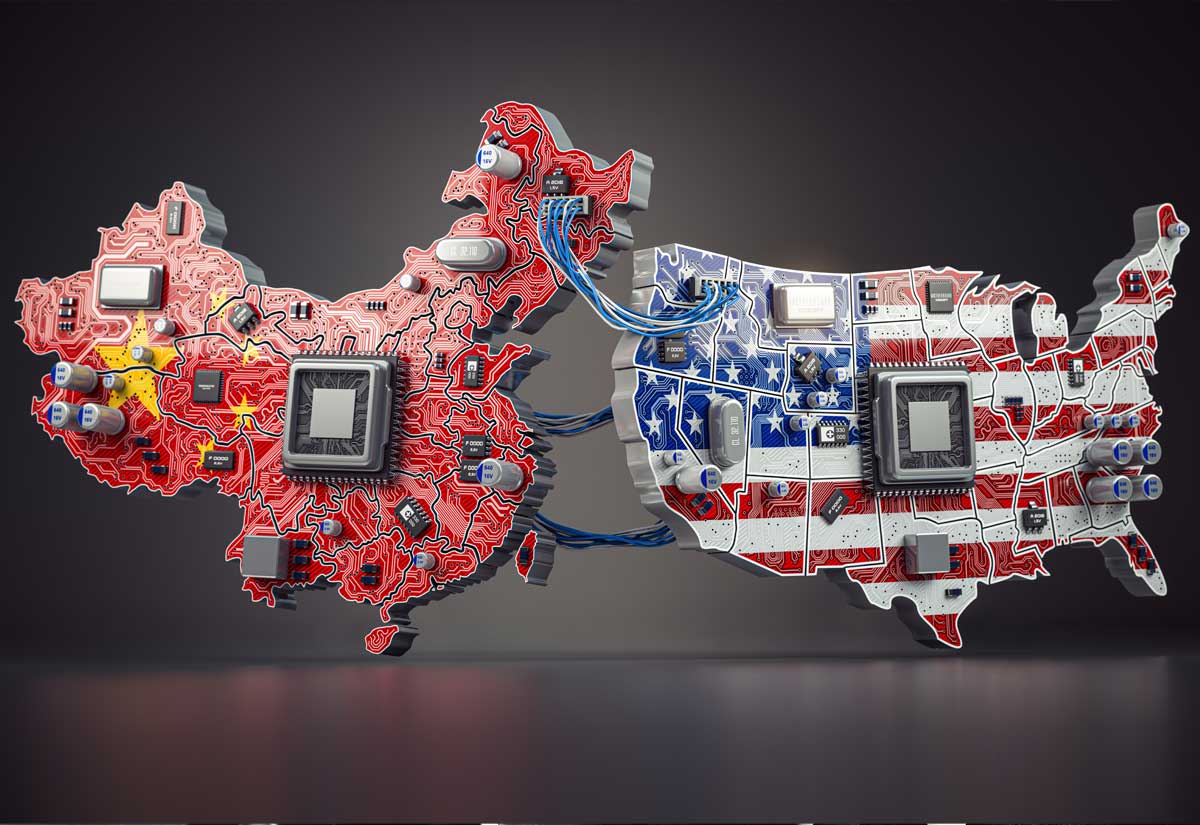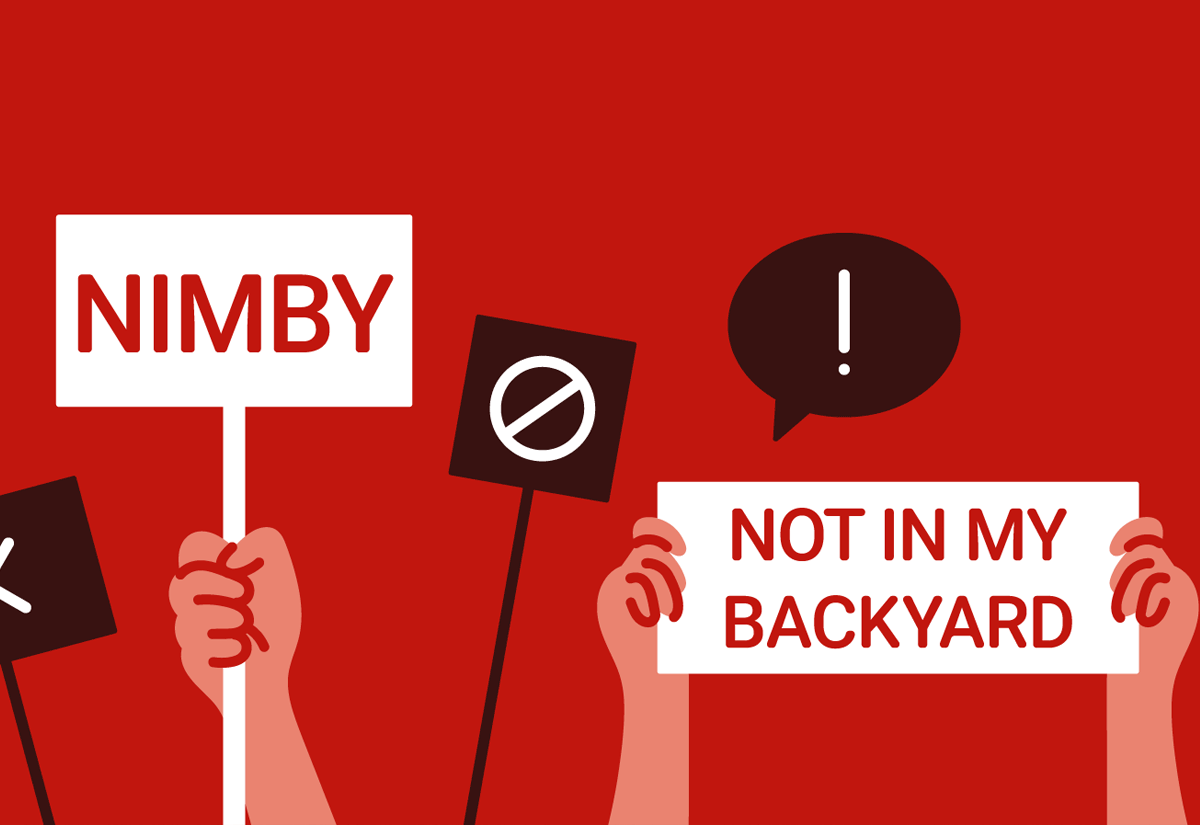Heavy-handed. Manipulative. Controlling. These are the words that come to mind when one thinks about China’s long-standing monopoly over the production and supply of rare earth metals, also known as REE or Rare Earth Elements.
Critical Mineral Markets in Critical Condition
China’s dominance in critical mineral markets largely contributes to the undercurrents of geopolitical and economic uncertainty for the world’s OEMs, not to mention the world’s end-use consumers who bear the brunt of supply chain volatility in the form of higher prices for products across the board.
Ironically, an enormous volume of products rely on essential rare earth elements that in truth aren’t all that rare at all. Many, such as lithium and cobalt for example can be found all around the globe. But a willingness to put profit before safe, responsible mining and processing practices has put China in control of these “rare” mineral supply chains.
Even if you’re not a “green” EV enthusiast, or a devout carbon footprint watcher, China’s chokehold on the “battery metals” is still likely to hit you where it hurts, right in the wallet. The REE group metals that China now has a chokehold on are essential for manufacturing everyday consumer products and components including:
- computer memory
- display screens
- Televisions
- LED lighting
- DVDs
- rechargeable batteries
- cell phones
- catalytic converters for emission control on cars and trucks
- Magnets
- fluorescent lighting and much more.
Now western miners like Aclara Resources in Chile, and Ionic Rare Earths in Australia are seeing the light and saying “Enough!” to China’s rusty Red state-controlled supply chain woes.
“A handful of Canadian, German, and Australian critical mineral explorers plan to command premium prices for key metals used in electric vehicles, promising quality and consistency in exchange for shifting reliance away from China, the dominant producer and price-setter.” – Western miners seek premium pricing for rare earth metals to break China grip
Fueled by iron resolve, these western miners are planning to shift the magnetic pole from China’s monopoly to fair market-determined prices. It’s a major move that’s long overdue since President Trump declared a critical mineral emergency as we reported at Resource Erectors back in October of 2020. Back then, the consensus was that China held 80% of the world’s essential minerals, now in 2023 that number has risen to 95%.
As we move into 2024 it’s long past time to look at what’s now at stake for the world’s mining industry, and what potential economic fallout looms for the West and the achievement of ambitious benchmarks of 1.5C and the global green transition.
Chinese Monopoly and a Checkered Past- The West Isn’t Playing
According to the November 8, 2023 Reuters report at mining.com, China currently controls a staggering 95% of the production and supply of rare earth metals. These materials, 17 in total, including neodymium, are vital for manufacturing magnets in electric vehicles, wind turbines, and consumer electronics. This supply chain control is not wielded subtly. China’s monopoly allows it to dictate prices and disturb the market through disruptive export controls, leading to turmoil among downstream users.
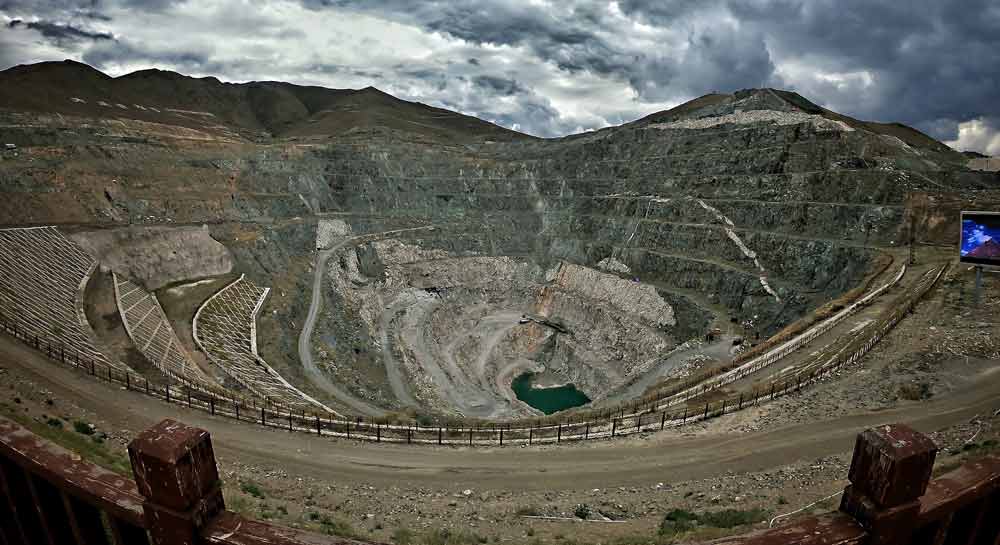
As 2023 draws to a close we can point to the recent reckless profiteering scheme where China announced export controls on graphite, claiming concerns for “national security.” The ripple effect of that move threatens to tarnish the global transition to cleaner energy, the fallout from which we are still recovering. Now, these alleged “security concerns” are being leveraged against yet another critical resource: rare earth minerals.
In a market adaptation possibly inspired by previous attempts to construct reliable domestic supply chains for essential minerals, exploratory mining companies in Canada, Germany, Australia, and South America all see a lucrative opportunity. The West, they argue, can provide environmentally responsible and traceable rare earth metals.
Unlike China’s monopoly-based model, this takes into consideration the often-overlooked cost associated with sustainable practices; an unseen premium that consumers and manufacturers may be willing to pay for a reliable, sustainable product.
Yet, it’s not all smooth sailing. Existing quandaries revolve around quantifying the added value that mineral independence from China brings down the supply chain, a situation captured eloquently by Badrinath Veluri, Chief Specialist at Grundfos a US manufacturer of high-quality industrial pumps, sensors, and HVAC control systems.
“What we, as OEMs, want is a global level playing field, and that means having transparent, sustainable, and reliable pricing.”
The convoluted nature of China’s devious pricing manipulation plays right into TSX-listed Aclara Resources and Australia’s Ionic Rare Earths hands, both bold mining players who are keen to capitalize on the international willingness to incentivize domestic production away from China.
A High Stakes Game Worth Playing Without China
Investment in domestic supply chains could be a gamble worth taking, especially considering the risks of geopolitical tensions and supply instability. Aclara’s CEO, Ramon Barua, states clearly that “The West will be able to supply environmentally responsible and traceable rare earths, but the cost structure is different to the Chinese, and hence it comes at a premium.”
Few are eager to pay a higher price without a clear, convincing justification. However, the stakes are high. If China continues to economically “ weaponize” export restrictions, the supply of these essential minerals could be severely compromised. And in light of China’s recent behavior, exemplified by their 2023 export permit requirements for graphite products, this is a very realistic threat, and not a question of “if” but “when”.
Sustainability Verses Free Market Cost Growth
Perhaps, then, it comes down to a choice between sustainability and unrestrained, fair market-determined cost growth. The world is at a critical crossroads, and common sense dictates that the West should never entirely depend on another country’s political whims for resources that are so fundamental to our future.
The western miners’ audacious drive to cut the Red China link from the global mineral supply chain serves as a timely reminder of the geopolitical complexities that are intertwined with the rare earth metal supply.
Reducing dependence on China could be an invaluable step towards future sustainability—a defiant yet potentially rewarding push against the Red tide. The course of action that Western miners choose will inevitably shape the landscape of the electric vehicle and renewable energy sectors and, consequently, our collective future.
About Resource Erectors
At Resource Erectors, we understand the pivotal role that mining and heavy industry professionals play in these dynamic global markets. With decades of specialized recruiting and placement experience, we continue to connect the top qualified, experienced professionals with our heavy industry company clients seeking their expertise in mining, aggregates, civil construction, concrete, engineering, infrastructure, manufacturing, and more.
When you’re ready to move up in the heavy industry world you’re ready for Resource Erectors, so don’t hesitate to contact CEO Dan today so we can all get to work.
